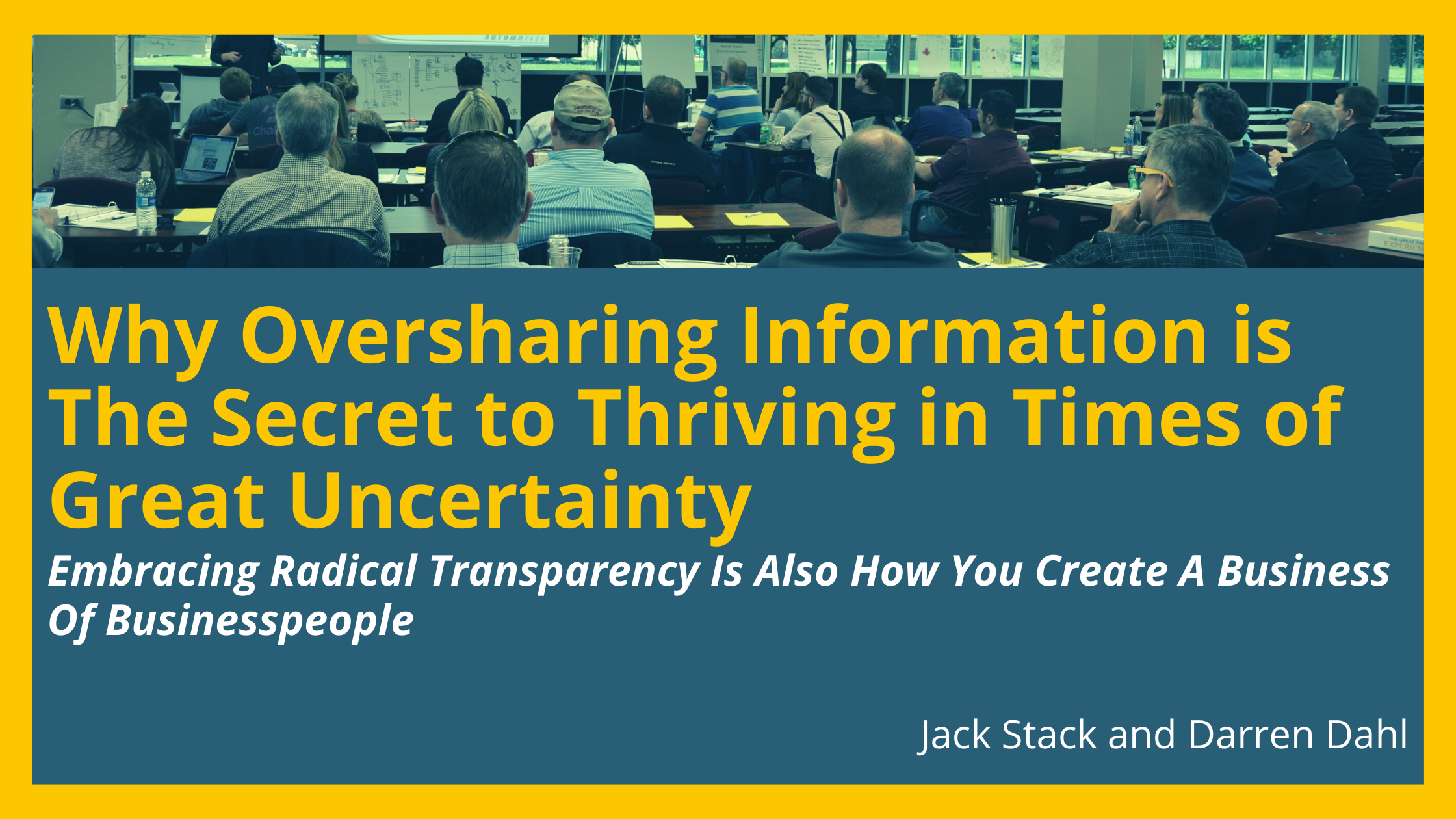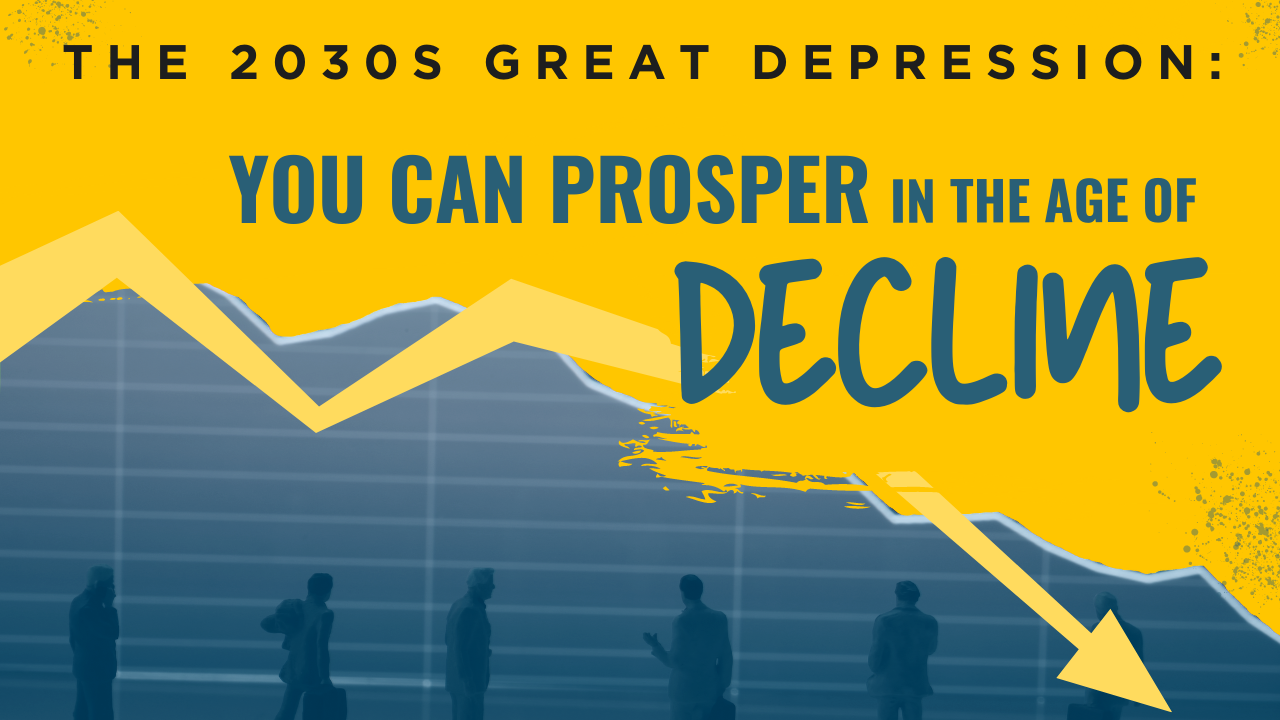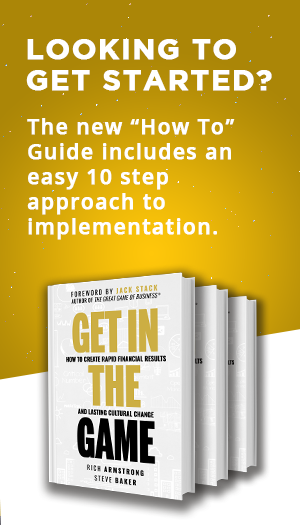Like so many workers leaving their positions during The Great Resignation, I wanted it all. Higher pay, remote work, and a flexible schedule were options my former position in a non-profit couldn't offer, so I accepted a new job I knew had these benefits. But here's the plot twist: After six months in my new role, I'm on the move again. As it turns out, I value a company's culture just as much as I value flexibility. The non-profits I left (after five years) offered an incredible culture that my new job lacked.
Read More
In a survey conducted in 2020, American adults answered a list of personal finance questions. Only 52% of those adults answered the survey questions correctly. But those results are really no surprise. After all, only 15 states in the US even guarantee high schoolers will take at least one semester of personal finance before graduating.
Read More
Scoreboards, proper goal tracking, and budgeting are all natural components we expect to see utilized in any business. Afterall, how could we determine the success of a business without benchmarks and goal tracking? So if we determine the success of a business through financial scoreboards and goal tracking, then why don't we scoreboard our personal lives?
Read More
There’s an epidemic ravaging communities across the country, and it’s not only COVID-19. People everywhere now face dire economic circumstances where their lack of financial savings or mounting debt is contributing to a crisis of stress and mental health. Despite all the wage increases we’ve seen in the wake of the War for Talent, more than half of all Americans lack the funds to cover an unexpected $400 emergency, like replacing a blown tire or a trip to the hospital. That means millions of us are a mere hiccup away from sliding down into bankruptcy. How did we get here?
Read More
Historically, businesses using traditional management styles have been reluctant to give all their employees the knowledge they need to make good business decisions day in and day out as they do their jobs. Open-book management takes a much different approach. It’s all about capturing and sharing both financial and organizational knowledge with every employee and empowering them to use that knowledge to contribute to the long-term success of the organization, as well as their personal success.
Read More
One of the most critical values that ITR Economics provides is removing the emotion from your business planning. Every business leader faces ever-daunting questions, such as “is this the right decision?” or “is this the right time?” or “how can I be sure?” To help with the psychological aspects of managing a business, ITR has created a roadmap based on the Business Cycle. They’ve divided the Business Cycle into four phases and have designated specific business practices for each phase.
Read More
Things were looking up there for a while, weren’t they? At least the long-term forecasts still look strong. But this omicron variant is causing us to tear our hair out, worrying about the health and safety of our people (let alone our loved ones at home). Just this past week, we saw 82 of our associates call in sick—that’s 5% of our company. Just as bad, something like 8% of our company has tested positive for the virus in January. Then, we got hit with the news that our school system was shutting down for a week or more because of the incredible wave of infections ripping through our community. That means we have parents forced to stay home or find childcare options at the last minute, which just puts enormous stress on everyone.
Read More
A company owner asks employees what he can do to make their work easier. The employees come up with the idea of providing mobile hotspots for employees who spend a lot of their time traveling. The owner, who is grateful to the team and what they do for the company, does the research and gets a cost for the hotspots and mentions it during their weekly huddle. The employees speak up and decline the hotspots saying it cost the company too much money and wasn’t worth the investment, but they thank the owner for being willing to support them.
Read More
2021 seemed to fly by, at least here at The Great Game of Business. We were planning our year just yesterday, and then, BAM, the year was over. At least, that is how it felt. Looking back on 2021 made us take stock of the most read Great GameTM blogs. In case you missed them, here they are in order: #8 - 10 Easy Ways Leaders Can Express Appreciation in the Workplace Individuals in the workplace need to feel appreciated in order to enjoy their job, do their best work, have positive work relationships, and stay with their organization long-term. The key ingredient in meaningful, significant, and effective appreciation is individualization—expressing appreciation in the recipient’s preferred “language.” Varying the ways company leadership communicates appreciation will improve chances of hitting the mark, so we’ve compiled 10 ways leaders can express appreciation in the workplace and foster positive work relationships in order to establish a recognition culture. <>
Read More
By definition, a MiniGame™ is a short-term activity designed to correct a weakness or pursue an opportunity in your company. MiniGames motivate employees to make day-to-day improvements that will add up to year-long success, and when implemented correctly, MiniGames are proven to: Affect a financial or operational change: Drive results through improved performance. Increase business literacy: Reinforce key components of business success such as goal setting, mutual responsibility and performance management. Build teamwork: Rally employees (players) around a common goal in order to achieve a shared reward. Develop a winning attitude: Create an environment where winners are recognized and rewarded for generating results.
Read More

.png)

.png)
.png)

.png)
.png)













.png)

